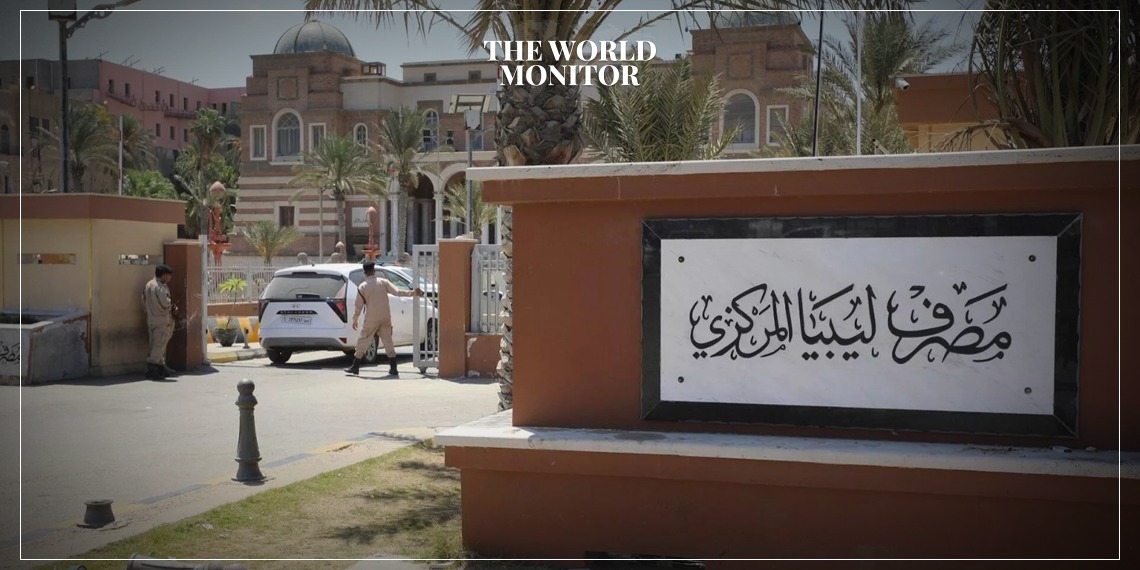The Central Bank of Libya (CBL) announced on Sunday that it has fully resumed all banking operations following the repair of its disrupted systems.
The bank confirmed its return to normal functioning as part of its efforts to ensure uninterrupted service for Libyan citizens.
This announcement comes after the Presidential Council appointed an interim governor to stabilize the institution.
The bank’s recent crisis erupted following the Presidential Council’s decision to appoint a new governor and restructure its board of directors.
This move was rejected by the House of Representatives and the High Council of State, which led the government appointed by the House of Representatives to declare a force majeure on all oil fields, ports, and oil institutions, halting oil production and export until further notice.
The bank reiterated its commitment to political neutrality, emphasizing its dedication to serving all citizens without discrimination or bias.
It also highlighted the restoration of all banking operations thanks to the efforts of the new executive management and board of directors, who are serving for the first time in ten years.
According to the statement, the bank is committed to the highest standards of transparency and integrity, as well as enhancing its risk management framework and compliance with the Financial Action Task Force (FATF) recommendations and Basel standards to combat money laundering, terrorism financing, and corruption.
The bank assured its full commitment to meeting all past, present, and future obligations in accordance with accepted banking laws, standards, and practices.
The statement also noted that following the departure of the previous administration and the disruption of banking systems, millions of Libyans were unable to access their bank accounts, pensions, and food and medical imports.
Concurrently, managing Libyan assets and reserves became challenging, prompting the Presidential Council to issue a decree appointing an interim governor to ensure service continuity.
The bank has pledged strict adherence to proper governance, transparency, professional integrity, and maintaining the highest standards in managing financial crimes, including combating money laundering, terrorism financing, bribery, corruption, and fraud.
It also committed to continue enhancing its risk management framework to ensure appropriate risk mitigation and stressed the importance of ongoing communication with all local and international parties, reinforcing multilateral cooperation as part of its role in the global financial community.






